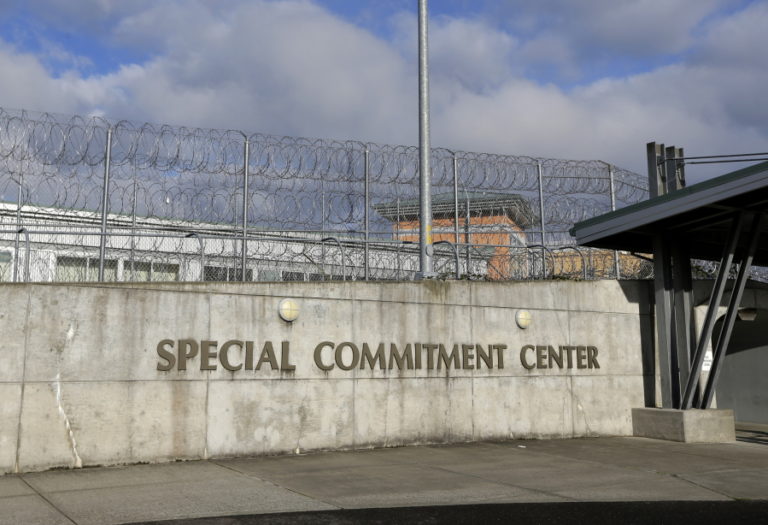A critical shortage of adequate sex offender treatment at the Special Commitment Center on McNeil Island facility is drawing significant concern, with residents receiving a mere fraction of constitutionally mandated mental health care and expert-recommended rehabilitation programs.
The Washington State Department of Social and Health Services (DSHS) currently provides just two hours of weekly group therapy for individuals detained at the secure island facility, a stark reduction from prior offerings and well below national benchmarks. This severe limitation coincides with a dramatic staffing shortage, leaving approximately half of all clinical positions vacant and severely impacting the center’s ability to deliver essential services.
The approximately 124 residents at the Special Commitment Center are civilly confined, not criminally punished, making access to sufficient mental health care a constitutional imperative. This civil commitment aims to rehabilitate individuals with a history of sex crimes, preparing them to re-enter society safely, yet the current conditions appear to undermine this fundamental purpose.
Concerns regarding the quality and availability of sex offender treatment at McNeil Island are not new, with residents, legal counsel, and current and former employees consistently reporting systemic limitations stretching back years. Records reveal a consistent failure by DSHS to meet its own minimal treatment standards over the past 15 years, highlighting a deeply entrenched problem within the rehabilitation programs.
While state officials assert there’s no defined minimum, national experts and best practices suggest 14 to 20 hours of weekly treatment, with most sexual civil commitment programs offering at least six hours. In contrast, McNeil Island has consistently fallen short, even lowering its internal standards in 2012. This disparity underscores the profound inadequacy of the provided mental health care.
The facility has faced numerous legal challenges over its treatment provisions, including a 1994 federal injunction due to inadequate mental health care, though this oversight was later dismissed. More recently, Disability Rights Washington has pursued a settlement, alleging the state effectively ‘warehouses’ residents with cognitive disabilities, preventing their participation in vital rehabilitation programs necessary for release.
An anonymous internal staff survey from 2023 exposed widespread discontent, citing understaffing, overwork, and a toxic culture contributing to high turnover. This environment not only affects the clinicians, many of whom lack prior sex offender treatment experience and receive inadequate training, but also profoundly impacts residents who report limited opportunities for progress and even decline treatment due to poor experiences or fear of court implications.
Without robust rehabilitation programs and comprehensive mental health care, residents struggle to demonstrate the progress required for release. Data indicates a concerning trend, with half of those granted conditional release returning to the island, and a significant percentage reoffending, raising serious questions about the effectiveness of the current system in preparing individuals for successful societal reintegration.






Leave a Reply